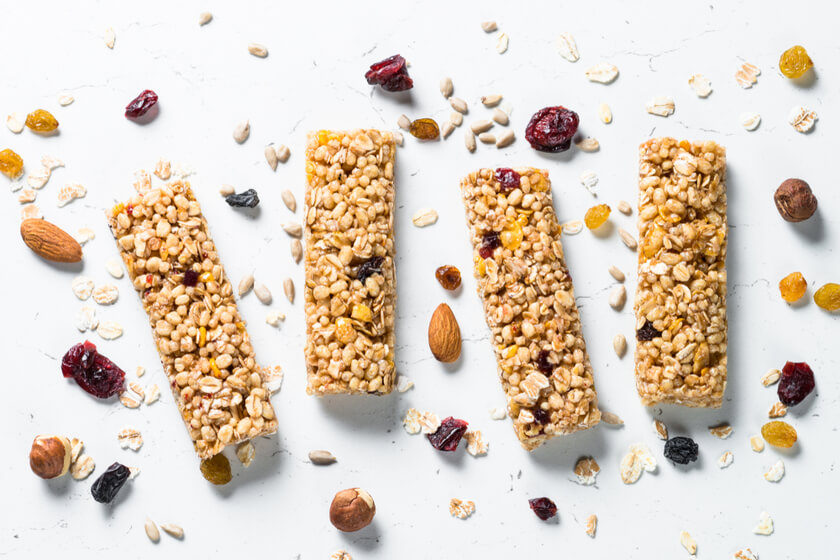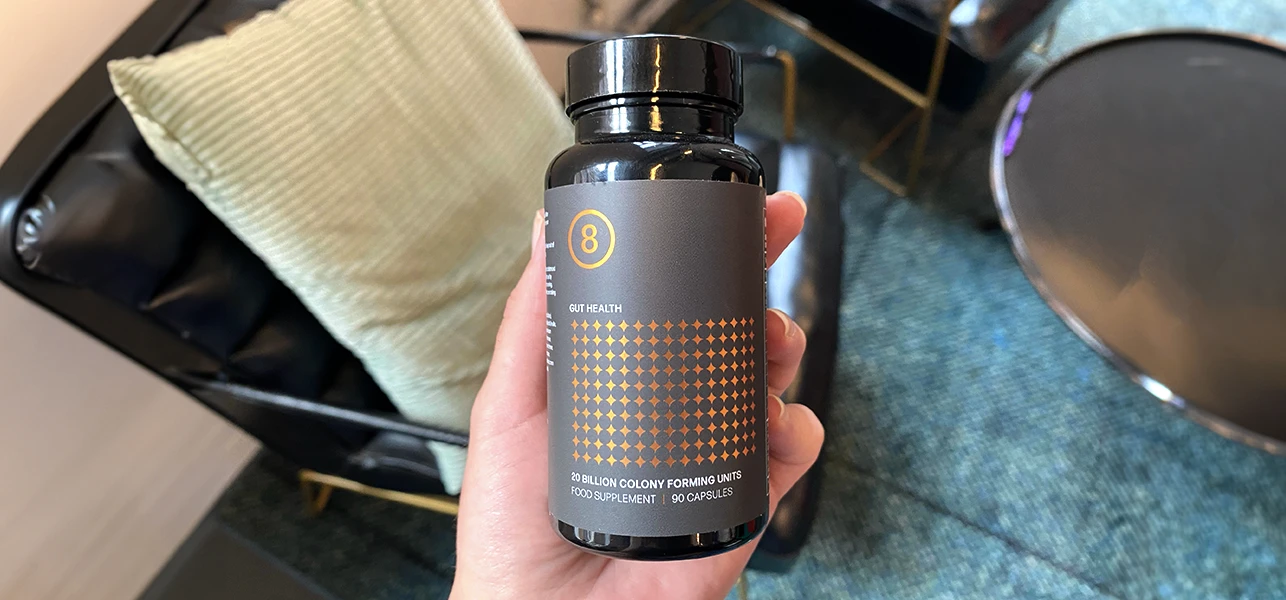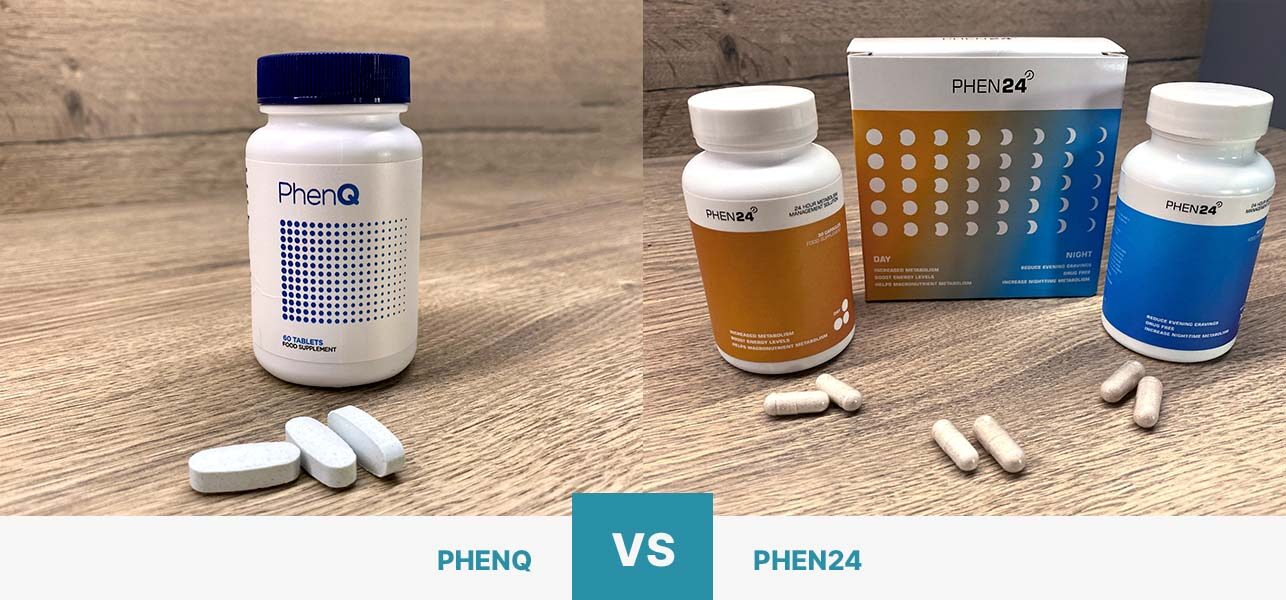What Is Sugar Alcohol? Is it Keto-friendly? Expert Explains

Starting your keto journey comes with a lot of research, especially regarding what you should include in your new diet. When it comes to sugar alcohols, plenty of new keto dieters have many questions about what they are and whether or not they should be a part of your keto diet.
For the most part, some sugar alcohols are keto-friendly and are excellent substitutes for natural sugars. Others should be avoided, however, and we’ll take a deep dive into which sugar alcohols are beneficial for ketosis.
What Is Sugar Alcohol?
Sugar alcohols are ingredients often found in sweeteners and other bulking agents and are used as sugar substitutes. They’re also known as “polyols.”
Sugar alcohols occur naturally in many foods, like fruits and berries. When used as a substitute for sugar, such as artificial sweeteners, they have fewer calories than regular sugar.
Looking at it from a chemical perspective, sugar alcohols aren’t sugars, nor are they alcohol. Polyols cover a wide range of carbohydrates and can be differentiated from sugar by having -CH-OH group, which is the alcohol. Typical sugars have the carbonyl (C=O) group instead.
Common Sugar Alcohols
Sugar alcohols, while found in fruits, veggies, and a wide variety of other natural ingredients, aren’t usually found in other household foods that are commonly used in food prep.
They’re most often found in processed foods, such as any labeled “sugar-free” food. You can find them in mouthwash and toothpaste, as well. These are the five most common sugar alcohols:
#1 Sorbitol
Sorbitol is the sugar alcohol that is found in natural fruits and vegetables. Sorbitol isn’t as sweet as regular sugar, which means it is often used to sweeten food artificially.
You’ll most likely find sorbitol in candy and gum that is marked “sugar-free.” Sorbitol has a glycemic index (GI) of 9.

Advertisement
#2 Xylitol
Xylitol is the sugar alcohol in fruit, veggies, mushrooms, some cereal, corncobs, and straw. It’s also known as “wood sugar.” It’s about the same sweetness as sugar.
This is the sugar alcohol you often find in chewing gum. It has a GI of 7.

#3 Isomalt
Isomalt is one of the sugar alcohols often found in hard candies, cough drops, lollipops and suckers, and toffees.
This is because isomalt doesn’t absorb as much water as other sugar alcohols, so it does not lose its sweetness when heat is applied. The GI of isomalt is 2.

#4 Maltitol
Maltitol is often used to help give foods a delicious, creamy texture, and so this is one of the sugar alcohols that you’ll find in ice cream, baked goods, and chocolate desserts. It’s only a little bit less sweet than regular sugar. Maltitol has a GI of 35.

#5 Erythritol
Erythritol is a sugar alcohol that is often used in calorie-reduced food, candies, and baked goods. It’s made by fermenting glucose that can be found in cornstarch. Erythritol has no aftertaste, and so it can often be mixed with other sugar alcohols. It has a GI of 0.631.

Is Sugar Alcohol Keto?
When you’re eating a keto diet, your sugar intake is often limited. This is because higher blood sugar levels can make it harder for your body to maintain ketosis. However, alcohol sugars have a much smaller impact on your blood sugar levels than your everyday sugar.
With that in mind, sugar alcohols are usually found in keto-minded food products. With its GI of less than 0, erythritol is the most common of all the sugar alcohols found in keto-friendly foods.
Are sugar alcohols carbs?
Technically, sugar alcohols, also known as polyols, are a subset of carbohydrates. Most sugar alcohols should be counted as carbohydrates when you’re on a keto diet. The only sugar alcohol that is an exception to this rule is erythritol, which affects blood glucose levels differently.
Do you subtract sugar alcohols from carbs on keto?
When it comes to sugar alcohols as carbohydrates, erythritol is one of the only ones that should be deducted from the overall carbohydrate count in a keto diet. This can only be done if erythritol is the only sugar alcohol in the product. Xylitol also does not have a very strong effect on blood glucose levels and is considered keto-friendly.
When you subtract the sugar alcohol from carbs on keto, this is called “net carbs.” When subtracting these net carbs, for the most part, you want to subtract the fiber and half of the sugar alcohol. The exception to this is erythritol, which can be subtracted entirely.
How Do Sugar Alcohols Affect Keto?
Now that we know all about sugar alcohols and where they’re found, let’s take a look at what ketosis is, as well as how sugar alcohols affect a keto diet.
What is ketosis?
When you’re on a ketogenic diet, you’re encouraging your body to enter and stay in a fat-burning state called ketosis. Ketosis is when your body is starved of carbohydrates, which it usually uses to get energy. When your body doesn’t have that fuel, it looks for energy elsewhere.
This is where ketosis comes in. Ketosis is when your body starts burning stored fat and turning it into ketones, which it then uses for energy.
It encourages your fat cells to release that stored fat. When you’re in a prolonged state of ketosis, your body starts burning away fat, which usually results in weight loss.
Using a keto diet to encourage your body to enter ketosis is high-intensity and requires strict adherence to a low-carb and high-fat diet. If you’re otherwise healthy and not pregnant, your body can kick into ketosis after about a week of eating less than 50 grams of carbs per day.
By then, your body will have burned through its carb energy and will be looking for something else. As you enter ketosis, you may feel tired with a headache and other mild flu-like symptoms.
This is known as “keto-flu” and usually goes away without a few days of entering ketosis.
Sugar alcohols and keto
For the most part, sugar alcohols don’t have a powerful effect on keto. As previously discussed, erythritol is the most friendly sugar alcohol of the bunch.
You can also discount xylitol as a carbohydrate as long as you’re not eating any food products with a large amount of this particular sugar alcohol.
On the other hand, maltitol and sorbitol should both be avoided when you’re on a ketogenic diet. They can be partially digested when eaten, which causes blood sugar spikes. These two sugar alcohols can also cause some gastrointestinal upset and issues.
If you’re looking to get into a keto diet, it’s crucial to have the right tools at your disposal. There are plenty of apps out there that bring a community of keto dieters together and can help get you jump-started on a new lifestyle.
For example, the Keto Cycle app, which comes with over 10,000 meal plans, can help steer you in the right direction for eating healthy on a keto diet.
There’s also plenty of keto-friendly desserts for you to try that utilize the specific keto-approved sugar alcohols. Keto Cycle allows you to track your progress and share it with others.
Are Sugar Alcohols Safe?
When it comes to eating a healthy diet, we always want to make sure anything that we consume is good for us.
Plenty of “diet” foods often sneak in unhealthy or unsafe substitutes with a lower calorie count. So what about sugar alcohols?
Benefits of Sugar Alcohols
Sugar alcohols have a lower glycemic index (GI) than table sugar and other sugars. The GI measures how fast your blood sugar levels rise after eating a certain food. The lower the GI of a particular food is, the slower it raises your blood sugar level. Foods with a lower GI are generally healthier to consume.
Most sugar alcohols have an almost negligible effect on your blood sugar levels. In that sense, sugar alcohols are much healthier than your regular table sugar.
If you have a condition like diabetes or otherwise need to control your blood sugar, these sugar alcohols are much more beneficial.

Another benefit of sugar alcohols is the potential to help prevent tooth decay. Sugary foods and drinks can cause the enamel on your teeth to erode faster.
Sugar alcohols like xylitol and erythritol may help keep your teeth healthy for longer. Xylitol already has a long history of being beneficial to your teeth.
Side Effects of Sugar Alcohols
Keto has a lot of health benefits. At the top of the list of benefits is, of course, weight loss. This low-carb diet also reduces your blood sugar and insulin levels and helps stabilize your levels of good cholesterol, as well as improves your metabolism.
But, the keto diet is not for everyone. You always want to make sure you consult with your trusted health professional before you make any sort of drastic change to your diet. But, if you’ve already received the green light from your doctor, then knowing about these sugar alcohols will benefit you in the long run.
On any diet, keto or not, it’s good to watch your sugar intake. High blood sugar can cause many health problems, including an increased risk of diabetes.
A sugar substitute can be much more beneficial to you in the long run. These sugar alternatives often benefit your blood glucose, your oral health and have fewer calories than table sugar.
Of course, you also want to be aware of the side effects that these sugar alcohols can produce. If you find that your body is more sensitive to these sugar alcohols, you might want to consider another keto-friendly sugar alternative. It’s not worth messing with your important gut bacteria!
A Word From RD
One of the goals of intermittent fasting is improving the self-cleaning process for repairing damaged cells. It also forces our bodies to dip into reserve energy sources other than glucose.
However, when the fasting window is too long, it can wreak havoc on a person. People with disordered eating habits are likely to go further out of tune with the body’s natural hunger cues if they fast for too long.
Fasting affects female hormones for females who stay in starvation mode for too long. This can affect issues such as bone density and fertility.
Moderation is paramount for getting the best out of your fast. Sustainable eating habits help you regulate your fasting for the best results.
Conclusion
Sugar alcohols are entirely different from regular sugar. These low-calorie substitutes have an entirely different make-up chemically, and they affect our bodies differently as well. And when it comes to keto, certain sugar alcohols can be used in tandem with the keto diet.
Many sugar alcohols have a very low impact on blood sugar, making them much healthier than most natural sugars found in other processed foods.
However, because our bodies don’t digest them all the way, you may find that your body reacts with gas, diarrhea, or bloating when consuming these particular substitutes.
You always want to make sure that you’re following your doctor’s advice when you’re trying out a new diet, especially one as high-intensity as keto.







Comments (0)